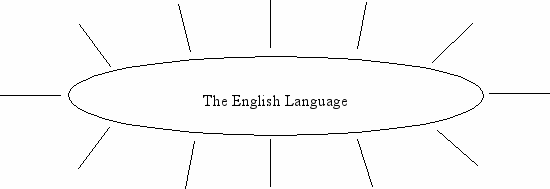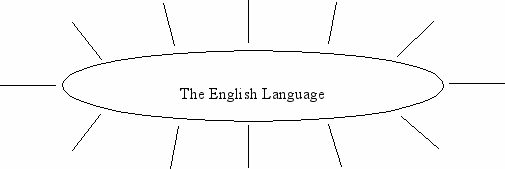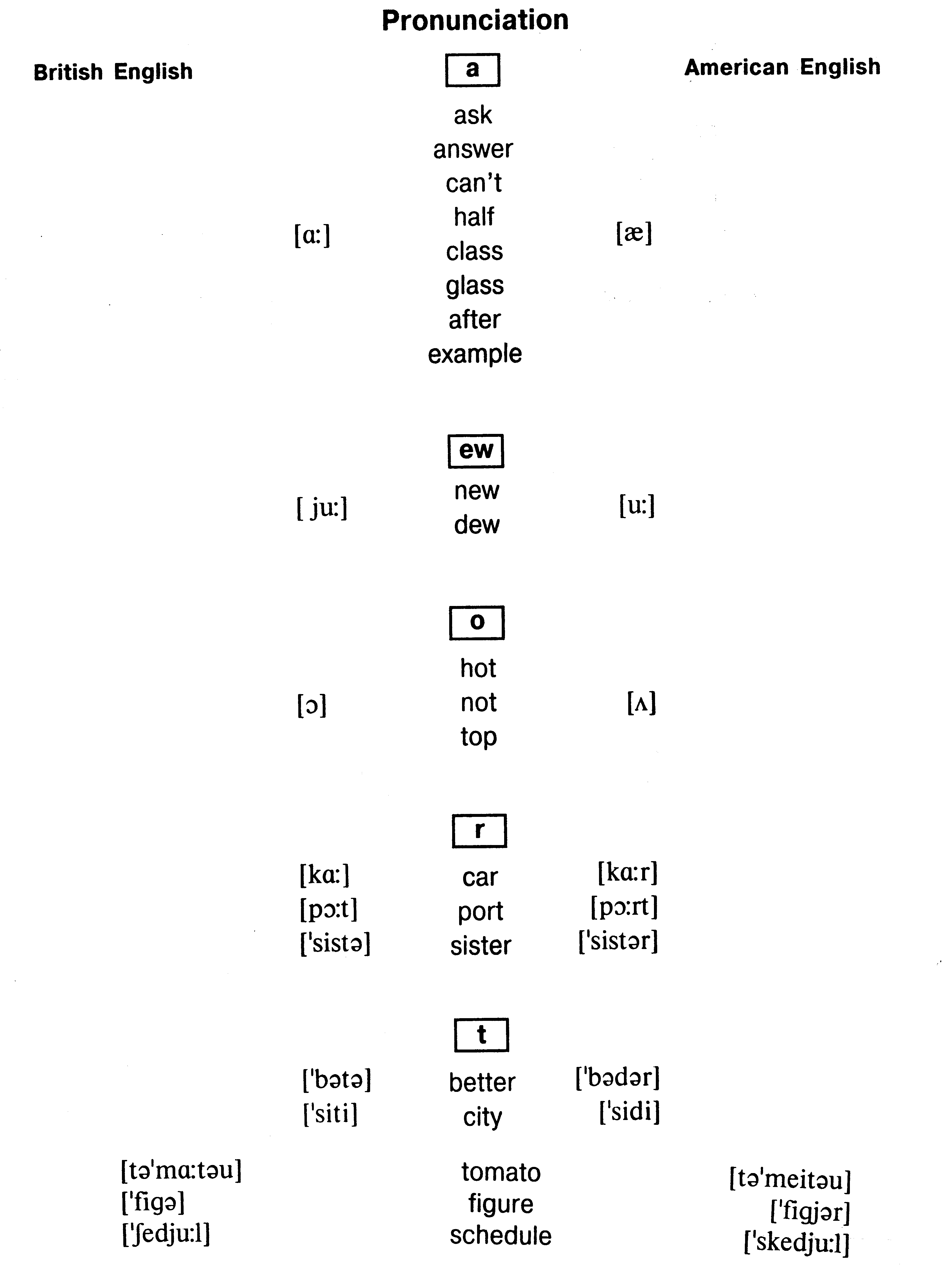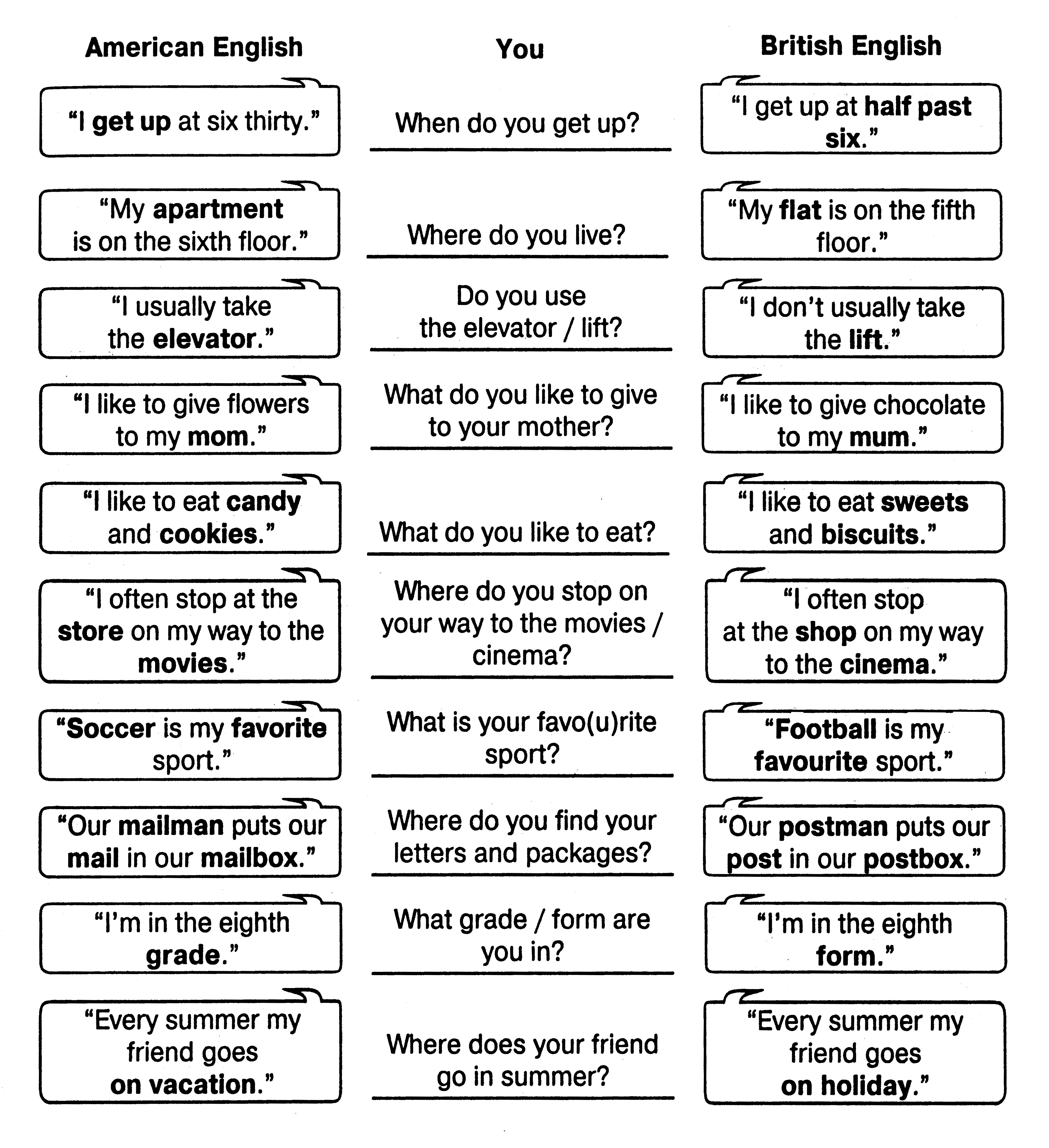Предметно-ориентировочные курсы
| Вид материала | Пояснительная записка |
- Адвокат Шамаев П. И. предоставляет своим клиентам широкий перечень адвокатских услуг., 83.61kb.
- И. Д. Салмин московский инженерно-физический институт (государственный университет), 29.53kb.
- ), программа "1С: Предприятие"(, 27.24kb.
- Рекомендации для проведения Муниципального этапа Всероссийской олимпиады школьников, 538.45kb.
- Государственное образовательное учреждение высшего профессионального образования, 149.71kb.
- Курсы развития личности школьное и дошкольное обучение, 9.04kb.
- Культуры школьника // Вопросы психологии, 1999, №1,, 217.21kb.
- Учитесь водить автомобиль заочно, 118.23kb.
- Курс: 3, 4, 5, 6 Семестр: 5, 6, 7, 8, 9, 10, 11 Распределение часов по видам работ, 181.64kb.
- Университетская информационная система россия: предметно-ориентированные базы данных, 78.56kb.
Список использованной литературы
- «Cambridge English for schools»
- «English Learners Digest» №4, 1998.
- «Let’s Speak English» №1, 1997.
- «Let’s Speak English» №4, 1998.
- «Let’s Speak English» №7, 1997.
- «Speak Out», № 4 «Глосса-Пресс», 2004.
- «Speak Out», № 6 «Глосса-Пресс», 2003.
- «Vocabulary in Use» Cambridge University Press 2000.
- Children’s «Britannica», США, 1988.
- Sheerin Susan, Seath Jonathan, White Gillian. Spotlight on Britain. Oxford University Press, 1997.
- Vaughan – Rees Michael «In Britain» Обнинск: Титул, 1999.
- Баграмова Н.В. «Соединенные Штаты Америки», Санкт-Петербург: Союз, 1999.
- Барановский Л.С. «Добрый день, Британия», Минск: «САДИ», 1997.
- Барановский Л.С. «Здравствуй, Америка», Минск: «Высшая школа», 1997.
- Клементьева Т.Б. «Happy English 2», Обнинск: Титул, 2000.
- Колодяжная Л. «Познакомьтесь: Великобритания », Москва: Айрис-Пресс, 1999.
- Поздеева Е.К. «Читаем с удовольствием», Москва: «Просвещение», 1990.
- Рогова Г.В. «Английский за два года», Москва: «Просвещение», 1990.
- Тенсон И.А. «Habits and Ways in Great Britain and United States»
- Тимановская Н. «Spotlight on the USA», Тула: «Автограф» 1996.
- Тобольская С.И. «Страноведческий справочник», Саратов «Лицей», 2004.
- Томахин Г.Д. «По странам изучаемого языка», Москва: «Просвещение» 1999.
Методические разработки занятий элективного курса
«Путешествие по странам изучаемого языка (Великобритания, США)»
Тема: The English Language
Цели:
Познавательный аспект – знакомство с историей английского языка, осознание связи языков мира.
Воспитательный аспект – воспитание уважительного отношения к другой культуре.
Развивающий аспект – развитие способности к формулированию выводов из прочитанного, развитие познавательного интереса учащихся, расширение кругозора учащихся по теме.
Учебный аспект – развитие умения аудирования и чтения с целью извлечения главной информации.
Оснащение: магнитофон, кассета, карточки с фрагментами текста “The English Language”, карточки с изолированными словами.
1. There is a spidergraph on the blackboard.

Teacher: (pointing to the blackboard) The topic of our lesson is “The English Language”. Today we’ll try to find the roots of the English Language.
The English Language is a mixture of different languages. It has a lot of words which are not originally English. What languages have they come from? Can you give any examples? (The teacher writes students’ suggestions on the spidergraph).
2. Teacher: Let’s listen to the texts about the roots of the English Language. To make your listening easier you may look at the text on your cards. Take the card № 1.
№ 1 The Germanic influence
The Anglo-Saxons, who invaded England in AD 350, came from Germany, Denmark and Holland. They spoke a Germanic language which became the basis of Old English. Even today, words used in modern English for ordinary objects are mostly Anglo-Saxon, or Germanic, in origin. Germanic Languages, such as Danish, German, Norwegian and Swedish, have very similar words for the objects in the box below. Words of Germanic origin are usually short (often just one syllable) and tend to be informal in modern English.
shoe clothes earth sun moon day man wife friend house food water sleep love say live have be work
After listening the teacher refers to the spidergraph and puts a tick near the languages if they are on the blackboard or writes some of the languages.
 Norwegian German Swedish
Norwegian German SwedishDanish
Are the words of German original short or long? – (short)
Are they formal or informal? – (informal)
What objects are they used for? – (ordinary)
3. Teacher: Take the card №2. Look at the table and compare the words of German origin. What do they have in common?
№2
| English | German | Danish | Norwegian | Swedish |
| 1 shoe 2 clothes 3 earth 4 son 5 land 6 moon 7 day 8 man 9 hostess 10 friend 11 house 12 water 13 full 14 live 15 have 16 sleep | Schuh Kleidung Erde Sohn Land Mond Tag Mann Herrin Freund Haus Wasser voll leben haben schlafen | sko klaeder jord son land mane dag mand hustru ven hus vand fuld liv have sove | sko klaer jord sonn land mane dag mann hustru venn hus vann full liv ha sove | skor kläder jorden son land mane daz man hüstru vän hus vatten full leva ha sova |
4. The nearest neighbour of England is France. Let’s see if there are French words in the English language. Take the card №3.
№ 3 The French influence
English also so many similarities with Romance languages, whose origin is Latin. The words in the box blow came to England with the French-speaking Normans. Notice that the words are associated with power: Norman French was used as the language of government. Words of Latin origin are usually longer than words of Germanic origin and often have a more formal meaning in English than in the original Romance language.
Norman-French words did not enter English immediately. When the Normans invaded in 1066, ordinary people still spoke Old English.
Imagine a Norman feast. The English would look after the animals and cook the meat, still calling the animals by their Old English names. The Normans, when they saw the cooked meat arrive at the table, would use French ones. This explains why the English language now has different words for animals and meats.
-
ANIMAL
MEAT
Anglo- Modern
Saxon English
French Modern
English
pigga pig
porc pork
scep sheep
mountion mutton
cu cow
boeuf beef
After listening the teacher refers to the spidergraph and puts a tick near the French language if it is on the blackboard or writes the word “French”.
Let’s compare the word of German and French origin.
What are the words of French origin associated with? – (power and government).
Are they long or short? – (long).
Are they formal or informal? – (formal).
5. Take the card №4. Let’s find out what other roots the English language has.
№ 4 The classical influence
Two centuries later came the Renaissance: there was a revival of interest in ancient culture, Greek and Latin. Some Latin words already existed because of the influence of Norman French, but thousands more words of Latin origin flooded into English. This explains why modern English has pairs of words which mean almost the same thing, such as base, which came into English from Norman-French, and basis, which came into English during the Renaissance. The Latin words were joined by hundreds of Greek words.
At the same time, it became more popular throughout Europe to use your mother tongue, not Latin, for written documents: the Bible, in particular, began to be read in the language of the country. By the seventeenth century, it became possible to describe something in English with words of Germanic, Latin and Greek origin. This is still true today.
Compare the following:
-
GERMANIC
LATIN
GREEK
book
library
bibliography
renew
renovate
neolithic
water
aquatic
hydraulic
The expansion of learning
The period from the Renaissance to the present day has seen many new ideas and inventions, especially in science and technology. As new things are invented, new words have to be created. Often these new words are created from existing Greek or Latin words put together in new ways.
When someone invented an instrument for speaking to another person at a distance, it was called a telephone, from the Greek words tele (=far) and phone (=sound). There are now thousands of such words in English. Just think of television, microscope, psychology and thermometer.
After listening the teacher puts a tick or writes the words “Latin” “Greek” on the blackboard.
6. Look at the table on your card: Do we have any of these words in our language? Can you give any examples of the words which refer to science, inventions and technology?
Take the card №5. Listen about one more root.
№ 5 The colonial influence
Words from foreign countries have entered English as a result of trade and colonial expansion: alcohol and algebra come from Arabic: divan and khaki from Persian: chocolate and tomato from native American languages: bungalow and cot from Gujerati: tea and tycoon from Chinese.
Other words were invented in the English-speaking former colonies, the USA in particular. Many British people complain about Americanisms entering the English language, but do not realize how many of the words they use come from American English. It is because of the USA that English is now truly a word language; a world language; a world where over 90 per cent of scientific papers are written in English and a world where people who do not speak other’s mother tongue are most likely to communicate in English.
After listening the teacher puts a tick or writes on the blackboard.
Teacher: We can see that English easily borrows words from the countries into which it expands. Are there Russian words in the English language? (sputnik, balalaika, kulak, samovar). Are there English words in the Russian language? (sport, goal, lift, cocktail).
7. There are cards with words on your desks. Could you define what language they are from? Go to the blackboard, put the cards near the name of the languages. If there are no languages or origins, draw lines and write the name of the language.
| tornado | Spanish |
| spagetti pizza | Italian |
| fakir | Arabic |
| flag | Dutch |
| radio | Latin |
| child | German |
| country | French |
| caravan | Persian |
| robot | Czech |
| chow-chow | Chinese |
| Geography | Greek |
| kangaroo | Native Australian |
| gorilla | Native African |
So, we have distributed all the cards. Look, the whole world is on the blackboard. We see that the English language gets words from different languages, and the words go from one language into another, the language interact with each other.
Although the countries are different and the languages are different we have a lot in common. We want to communicate, to cooperate, to understand each other. We want to make, to love, to live in peace.
Литература
- Vaughan – Rees Michael «In Britain» Обнинск: Титул, 1999.
- Давидссон Карин «Большой русско-шведский словарь», Москва «Русский язык», 1987.
- Лейн Карл «Большой русско-немецкий словарь», Москва «Русский язык», 2001.
- Свердруп Люнден Сирии «Русско-норвежский словарь», Москва «Русский язык», 1987.
- Спиркин А.Г. «Словарь иностранных слов», Москва «Русский язык», 1984.
- Харит Йорген «Русско-датский словарь», Москва «Советская энциклопедия» 1968.
Тема: The British and American English
Цели:
Познавательный аспект – знакомство с вариантами английского языка (американский английский и британский английский)
Воспитательный аспект – воспитание потребности и способности понимать культуру англоязычных стран через язык.
Развивающий аспект – развитие способности к сравнению и сопоставлению языковых и речевых единиц; развитие умения работать в парах, микрогруппах, развитие памяти.
Учебный аспект – развитие умений в аудировании коротких монологических высказываний, в чтении на уровне слова, предложения, текста, в управляемом письме, в диалогической речи на уровне образца, в неподготовленном умении в монологической речи.
Оснащение: магнитофон, кассета, раздаточные карточки
1. Teacher: When the British landed in North America in 1620 they took their language with them. Since then, British English (BE) and American English (AE) have developed separately, and there are now some differences between them. The differences are quite small and speakers of American and British English usually have no problems understanding each other.
Do you know what differences there are between BE and AE?
2. Teacher: There are differences in grammar, vocabulary, spelling and pronunciation but what are they? Take the card №1 and compare the pronunciation. Would you like to say the words? Which way of pronunciation do you like?
3. Now listen to six people speaking. Are they British or American? Write BE or AE.
1. Well, I don’t think British English and American English are so different. [UK]
2. They sound different, but most of the words are the same. There aren’t any real communication problems. [USA]
3. I was talking on the phone to someone over there and he said he would give me a ring later. I thought, is he mad? A ring? What for? Anyway, he meant he was going to call me later! [USA]
4. The accent’s different, that’s all really. Oh, and some words. [UK]
5. I was in London once and asked somebody where the nearest drugstore was. They didn’t know what I was talking about! They say ‘chemist’ or something. [USA]
6. They say cookies, we say biscuits. They say jelly and we say jam. It’s just words like that. [UK]
4. Spelling is the most conservative part of the language, but it also has some differences. Take the card №2. Which variant does your computer give?
5. Take the card №3. Look at the grammar structures. Have you ever seen an American variant in books, newspapers and magazines?
6. Take the card №4. Could you read, compare and find the difference? Would you form groups of four and act out small dialogues? Choose any variant you like.
7. Certainly, you have noticed that vocabulary has the largest number of differences. Look at the card №5 and study the differences. Listen and say if the word is British or American. (The teacher pronounces some words for students to comprehend).
8. Would you like to look at the card №6 and decide if the speaker is using BE or AE? Cross out the incorrect answer, explain your choice.
9. Would you take the card №7? The text includes some words used in AE. Underline them and write BE words on the right-hand side.
10. English has become the world language, but what variant of English will be used in the 21 century BE
Литература
1. Littlejonh Andrew “Cambridge English for Schools 4”. Cambridge University Press, 2000.
2. Redman Stuart “English Vocabulary in Use” pre-intermediate. Cambridge University Press, 2001.
3. Клементьева Т.Б. “Happy English-2”. Обнинск: Титул, 2000.
Приложение
Карточка № 1

Карточка № 2

Карточка № 3
British English American English
Have you got a brother? Do you have a brother?
to get, got, got to get, got, gotten
he is in hospital. He is in the hospital.
at the weekend on/over the weekend
She lives in Main Street. She lives on Main Street.
Grammar
American and British English sometimes use different prepositions.
AE: It’s twenty f six. It’s five after nine.
BE: It’s twenty to six. It’s five past nine.
American English doesn’t use the Present perfect as much as British English.
AE: I think I broke my leg.
BE: I think I’ve broken my leg.
Карточка № 4

Карточка № 5
| British English | American English | British English | American English |
| jam crisps chips biscuits give way underground block of flats lift flyover W/C toilet pushchair bath tin sweets porridge infants’ school the cinema petrol queue postman holiday mum trainers/gymshoes | jelly chips French fries cookies yield subway apartment building elevator overpass restrooms stroller bathtub can candy oatmeal kindergarten the movies gasoline line mailman vacation mom sneakers | chemist lorry dustbin pavement petrol station pavement boot bonnet car postbox flat tap biscuit maize form tube/underground shop path main road football surname trousers autumn | drugstore truck trashcan sidewalk gas station sidewalk trunk hood auto mailbox apartment faucet cookie corn grade subway/metro store sidewalk highway soccer last name pants fall |
Карточка № 6
1. We’ve decided to take our vacation in the autumn/fall this year. 2. At my son’s high school the new term/semester starts next week. 3. I never eat biscuits or sweets/candy. 4. Put that garbage in the dustbin/trashcan. 5. The trousers look nice with that waistcoat/vest. 6. The lorry/truck came past us on the highway. 7. My apartment is one the fourth floor but I’m afraid there’s no lift/elevator. 8. The people next door are on holiday/vacation. They’ll be away for a fortnight. 9. We left the car in the car park/parking lot and took the subway for a centre. 10. My trainers are in the wardrobe/closer.
KEY
1. American (because of vacation): fall 2. American (because of high school): semester
3. British (because of biscuits): sweets 4. American (because of garbage): trashcan
5. British (because of trousers): waistcoat 6. American (because of truck): highway
7. Probably American (because of apartment): elevator 8. British (because of fortnight): holiday
9. American (because of subway with this meaning): parking lot 10. British (because of trainers): wardrobe
Карточка №7
It was getting near lunchtime and I needed some gas, so I left 1………..
the freeway and drove towards the nearest town. There was 2………..
a gas station just outside the town and I decided to stop and 3………..
have a look round. I put the car in a parking lot and took a 4………..
cab to the centre. It was midday and very hot, so I stopped at 5………..
a little café with tables on the sidewalk. I started talking to a 6………..
truck driver, who gave me a history of the town, and afterwards 7………..
he took me on a guided tour. It made a very nice break.
KEY
1 gas/petrol 5 cab/taxi
2 freeway/motorway 6 sidewalk/pavement
3 gas station/petrol station or garage 7 truck
4 parking log/car park
